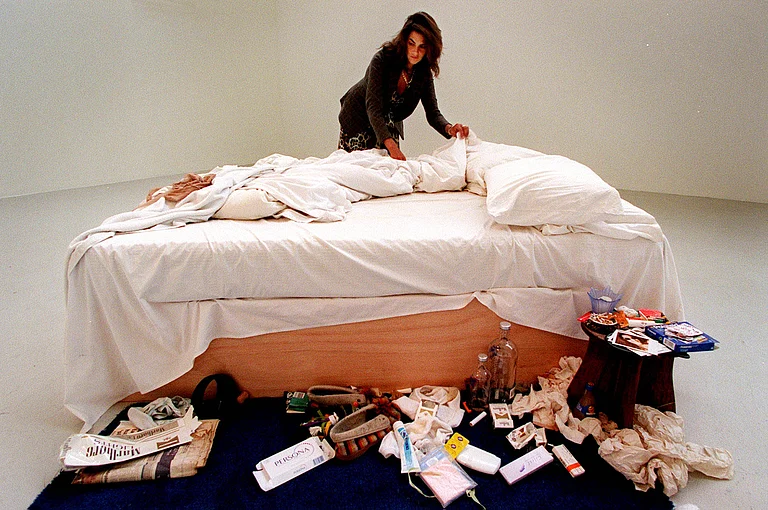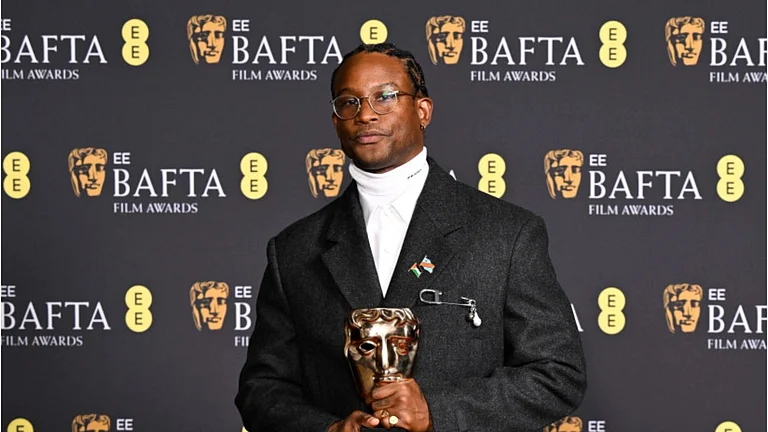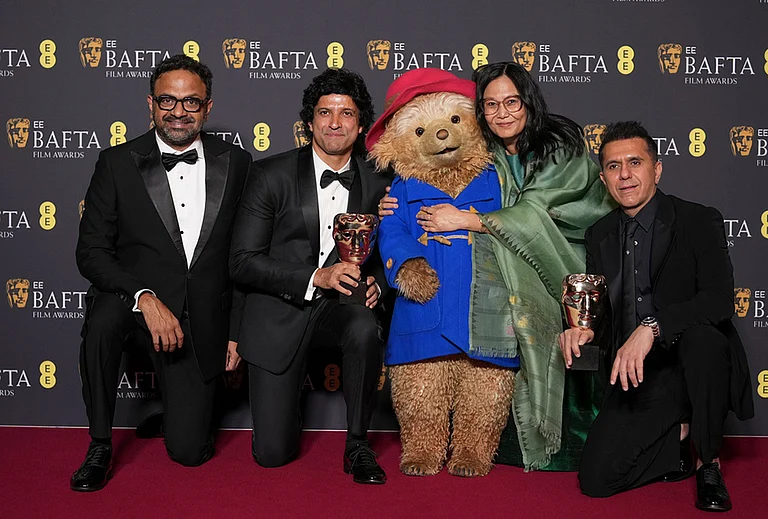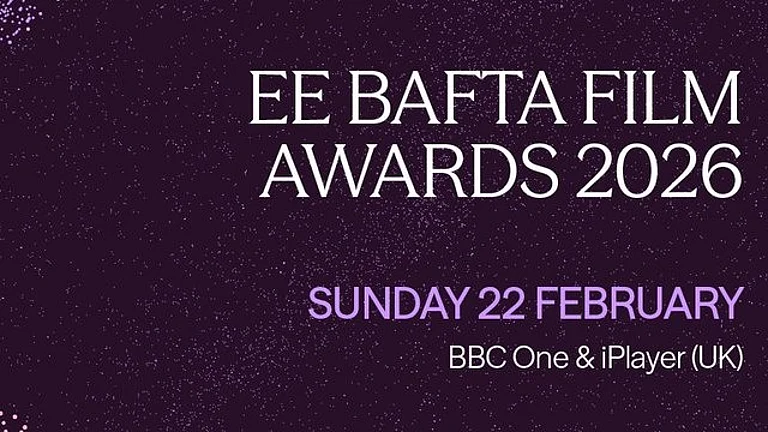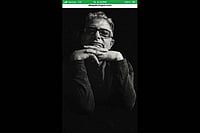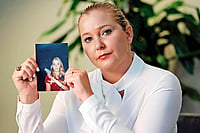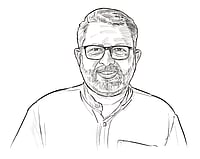William Shakespeare abandoned his wife Anne Hathaway and three children at their family home when he moved to London to build his career. A literary star was born all right, but Anne was left to fend for herself and her young family. At the end of a long, loveless marriage, the only thing the Bard bequeathed his wife in his will was “the second-best bed” in their home. British Romantic poet Lord Byron was a serial womaniser, and some of the relationships with his lovers put his violent, abusive tendencies on display. Sexual scandals surrounded him. There were rumours of an affair with his half-sister. His wife levelled accusations of domestic violence against him. Mired in debt and hit by an avalanche of scandals, Byron banished himself from England and travelled around Europe, probably asking the eternal question, “What exile can from himself flee?”
British novelist Anne Perry committed a murder, along with her best friend, when she was a teenager. The murder victim was her friend’s mother. In a twisted stroke of irony, Perry went on to become a bestselling crime writer as an adult. The film Heavenly Creatures (dir. Peter Jackson) was inspired by Perry’s life story. William Golding, author of The Lord of the Flies, among other novels, explored the tensions between man’s savage instincts and civilisation’s craving for order with stunning insight in his works. But the Nobel Laureate had a dark secret. When a professor at Oxford was given access to Golding’s private unpublished journals, he discovered that the writer had tried to rape a 15-year-old school girl when he was an eighteen-year-old student. The news sent ripples of shock across the literary world. In post-war America, William S Burroughs, Beatnik hero and disrupter of all narrative conventions, shot and killed his wife at a party while he was playing a ‘shooting game’. He was charged with manslaughter, but only spent 13 days in jail.
Patricia Highsmith’s psychological thriller novels always leave readers craving for more. Hugely successful in her writing career, Highsmith was also disturbingly racist. She often mocked non-white people in conversations and in her writing, and wrote disparaging comments about those who suffered the brutality of the Holocaust in her personal journals. The great American savant of the 20th century, Norman Mailer, once stabbed his wife at a party and severely injured her. She almost died and Mailer was jailed for it. Many years later, a more mellow Mailer said he would regret that act for the rest of his life. Novelist Ayn Rand of Atlas Shrugged fame, was of the view that European colonists were entitled take over Native American land. She also expressed her disgust of homosexuality openly and called it immoral.
Celebrated Imagist poet Ezra Pound had strong anti-Semetic views. In a series of radio broadcasts in 1940, he went so far as to accuse the Jews of financing the war. Nobel Laureate and chronicler of immigrant lives V S Naipaul was so misogynistic that he publicly declared no woman writer was his equal. Women, according to Naipaul, are saddled with “the narrow view of the world” solely by virtue of their gender.
When the #MeToo movement gained momentum in 2018 on Indian shores, several prominent writers and artists were accused of sexual harassment and abuse of power. Journalist and author M J Akbar resigned from his ministerial post after several women accused him of sexual misconduct. Bestselling author Chetan Bhagat was accused of sexual harassment by a female journalist and an author. He sent out a public apology via social media to one of the accusers and denied the allegations made by the other. Award-winning painter and sculptor Jatin Das was accused by a female entrepreneur and a woman writer of sexually harassing them. He denied the charges levelled against him.
Flawed humans who have wrecked lives while creating some of the most memorable works in history abound in the art world. Picasso, who his granddaughter said needed “the blood of those who loved him” to thrive, preyed on younger women. He was controlling and psychologically abusive. Dora Maar, the supremely talented surrealist painter and photographer, had a nervous breakdown after he ended their relationship. Three years before they parted, he had met his next mistress, Francoise Gilot. Going back in time and crossing over to Italian shores: Caravaggio, the pioneering Baroque painter, was a foul-tempered man. He would get into violent brawls, and was arrested multiple times for weapons possession. He also faced murder charges twice in his life. He was arrested and jailed for one, but he staged a jailbreak.
Paul Gaugin, who dumped his wife and children in Europe and moved to French Polynesia, is a towering presence in modern art. He married three child brides in Tahiti. Many of his paintings are exotic, erotic, Euro-centric fantasies about the place and the people who lived there. This prompted British art critic Alistair Sooke to call him “a 19th century Harvey Weinstein”.
The history of literature and art is riddled with contradictions. It is impossible to separate the light from the darkness, to understand fully how sublime glory and unspeakable horrors can emanate from the same human source.








